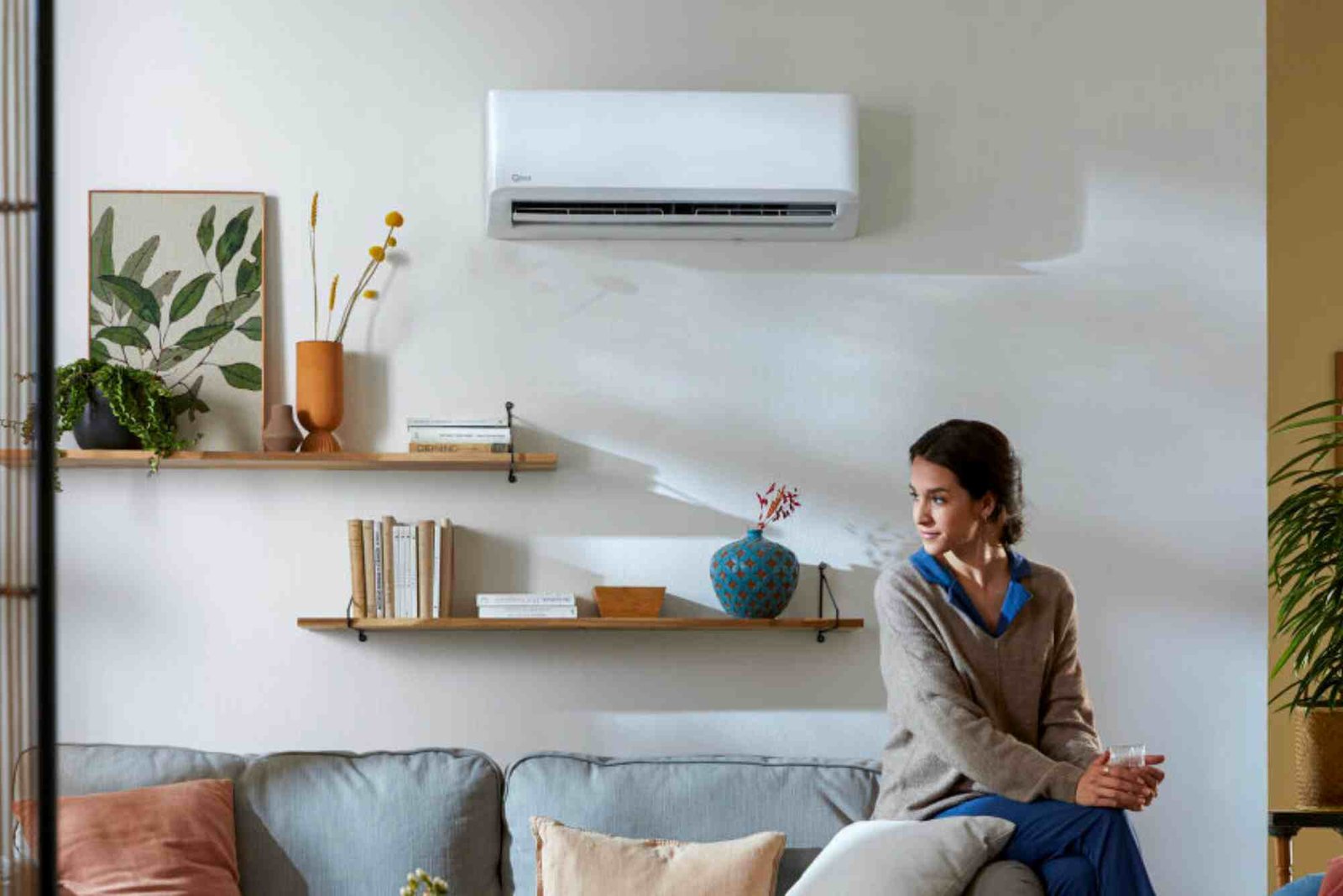International decorators play a crucial role in shaping the aesthetics of homes, offices, and public spaces across the globe. They bring unique styles and cultural influences to their work, helping clients achieve their desired ambiance while incorporating elements from diverse design traditions. This article delves into the significance of international decorators, exploring their styles, methodologies, and the impact they have on the global design landscape.
Understanding International Decorators
International decorators are professionals who specialize in interior design, offering their services to clients across various countries. They have a deep understanding of design principles, color theory, and spatial arrangement, enabling them to create harmonious and visually appealing environments. Their expertise extends beyond mere decoration; they also consider functionality, sustainability, and cultural relevance in their designs.
Key Characteristics of International Decorators
- Cultural Sensitivity: International decorators are adept at recognizing and respecting the cultural contexts of their clients. They incorporate local traditions and aesthetics into their designs, ensuring that the final outcome resonates with the client’s identity.
- Diverse Design Styles: These decorators are familiar with a wide range of design styles, including contemporary, traditional, minimalist, and eclectic. This versatility allows them to cater to different tastes and preferences, adapting their approach to suit each project.
- Attention to Detail: International decorators understand that the success of a design lies in the details. They meticulously select furniture, fabrics, colors, and accessories to create cohesive and engaging spaces that reflect the client’s vision.
- Sustainability Practices: Many international decorators prioritize sustainability in their work. They often source eco-friendly materials and incorporate energy-efficient solutions into their designs, promoting a healthier environment for clients.
The Role of International Decorators in Various Industries
International decorators are essential in several sectors, including residential, commercial, hospitality, and event design. Each of these sectors presents unique challenges and opportunities for decorators to showcase their skills.
Residential Design
In residential design, international decorators help homeowners transform their spaces into comfortable and stylish sanctuaries. They work closely with clients to understand their preferences and lifestyle needs, ensuring that the design reflects their personality. From selecting paint colors to choosing furniture layouts, international decorators focus on creating a harmonious environment that feels like home.
Commercial Design
In commercial spaces, such as offices and retail stores, international decorators aim to create functional environments that enhance productivity and customer experience. They consider factors such as branding, workflow, and ergonomics while designing spaces that align with the company’s goals. By integrating the brand’s identity into the design, decorators help businesses create a lasting impression on clients and employees.
Hospitality Design
The hospitality industry relies heavily on international decorators to create inviting and memorable spaces for guests. From hotels to restaurants, decorators design interiors that enhance the overall experience. They carefully curate elements like lighting, color schemes, and furnishings to evoke specific emotions and provide comfort to visitors. The goal is to create spaces that encourage guests to return and recommend the establishment to others.
Event Design
International decorators also play a vital role in event design, working on weddings, corporate events, and parties. They create immersive environments that reflect the event’s theme and purpose. By utilizing their design expertise, they can transform ordinary spaces into extraordinary settings that leave a lasting impression on attendees.
Techniques Used by International Decorators
To achieve their design goals, international decorators employ various techniques and tools. Here are some common practices they use:
Color Theory
Color theory is fundamental to interior design. International decorators understand how colors affect mood and perception. They skillfully combine colors to create harmonious palettes that enhance the atmosphere of a space. For instance, warm colors like reds and oranges can create a cozy and inviting environment, while cool colors like blues and greens promote calmness and tranquility.
Space Planning
Effective space planning is crucial in interior design. International decorators assess the layout of a space, considering factors such as flow, functionality, and proportion. They create layouts that maximize space while ensuring ease of movement and accessibility. This planning phase is essential in both residential and commercial projects.
Material Selection
The choice of materials significantly impacts the overall aesthetic and functionality of a space. International decorators carefully select materials that align with the design concept while considering durability and maintenance. They may use a combination of natural and synthetic materials to achieve the desired look and feel.
Lighting Design
Lighting plays a pivotal role in interior design. International decorators understand the importance of both natural and artificial lighting in creating ambiance. They strategically place light fixtures to highlight architectural features and enhance the overall mood of a space. Additionally, they may incorporate adjustable lighting options to allow clients to customize the atmosphere based on their needs.
Accessories and Art
Accessories and artwork are essential elements that add personality to a space. International decorators often source unique pieces from different cultures, reflecting the diversity of their expertise. They curate collections of art, textiles, and decorative items that contribute to the overall design narrative.
Challenges Faced by International Decorators
While working as international decorators can be rewarding, it also presents several challenges that professionals must navigate:
Cultural Differences
Working across different cultures requires sensitivity and adaptability. International decorators must be aware of local customs, traditions, and design preferences. Failure to consider these factors can lead to designs that feel disconnected from the client’s identity.
Budget Constraints
Budget constraints can impact the scope of a project. International decorators must balance quality and cost-effectiveness while delivering exceptional results. They often need to be resourceful in sourcing materials and solutions that fit within the client’s budget.
Changing Trends
The design industry is constantly evolving, with new trends emerging regularly. International decorators must stay updated on these trends while maintaining their unique style. They should be able to blend contemporary design elements with timeless features to create spaces that remain relevant over time.
Logistics and Communication
Working internationally often involves navigating logistical challenges, such as shipping materials and coordinating with local contractors. Clear communication is vital to ensure that all parties are aligned and that the project progresses smoothly.
How to Choose an International Decorator
Selecting the right international decorator is crucial for achieving the desired results. Here are some tips to consider when choosing a decorator:
- Review Portfolios: Look at the decorator’s portfolio to assess their style and previous work. This will help you determine if their aesthetic aligns with your vision.
- Check References: Ask for references from previous clients to gauge their satisfaction with the decorator’s services. This can provide insight into the decorator’s professionalism and ability to meet deadlines.
- Discuss Your Vision: Schedule a consultation to discuss your design ideas and goals. A good decorator should be able to listen to your needs and offer suggestions to enhance your vision.
- Evaluate Communication Skills: Effective communication is key to a successful project. Ensure that the decorator can articulate their ideas clearly and is responsive to your questions and concerns.
- Consider Cultural Experience: If you’re looking for a specific cultural influence in your design, choose a decorator with experience in that area. Their cultural knowledge can enrich the design process.
Frequently Asked Questions (FAQs)
What are international decorators?
International decorators are professionals who specialize in interior design across different countries. They incorporate cultural influences into their work and create unique spaces that reflect the client’s identity.
How can I find a reputable international decorator?
To find a reputable international decorator, review their portfolios, check references, and schedule consultations to discuss your vision. This will help you gauge their expertise and suitability for your project.
What are the benefits of hiring an international decorator?
Hiring an international decorator can provide you with access to diverse design styles, cultural insights, and professional expertise. They can help you create spaces that are not only visually appealing but also functional and meaningful.
How do international decorators handle cultural differences?
International decorators are trained to recognize and respect cultural differences. They incorporate local traditions and aesthetics into their designs, ensuring that the final outcome resonates with the client’s identity.
What should I consider when choosing an international decorator?
When choosing an international decorator, consider their style, experience, communication skills, and cultural knowledge. It’s essential to find someone who understands your vision and can translate it into a cohesive design.
International decorators are instrumental in shaping the interior design landscape, bringing together diverse cultural influences and innovative design solutions. Their ability to navigate different styles and preferences makes them invaluable in creating spaces that resonate with clients worldwide. Whether working on residential, commercial, hospitality, or event design projects, these decorators continue to elevate the standards of interior design through their creativity and expertise.




